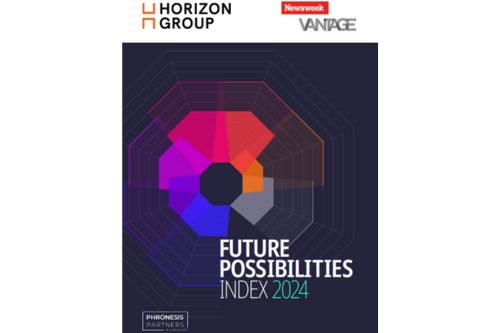A global consultancy, in collaboration with Phronesis and tax experts, sought to understand and share with their clients the impact of the OECD’s new Pillar Two tax regime. Through surveys and expert discussions, a report was developed to guide multinational enterprises on navigating Pillar Two’s challenges, highlighting the importance of external expertise and technology.
Background
The OECD (Organization for Economic Co-operation and Development) recently introduced the Global Anti-Base Erosion (GloBE) Rules (known as Pillar Two). A key component of a plan by the OECD and G20 countries is to ensure large multinational enterprises pay a minimum level of tax on the income arising in each of the jurisdictions where they operate. As a result of this shift, multinational enterprises now face the challenge of adapting their tax frameworks to comply with these new obligations.
Client objective
A leading global consultancy aimed to offer proactive insights to its clients, guiding them in developing effective strategies to navigate the complexities associated with Pillar Two implementation. They sought to conduct comprehensive research to gauge awareness of Pillar Two, evaluate the anticipated impact of this new tax regime on global businesses, identify implementation-specific challenges, and assess preparedness levels to address the consequences of implementing Pillar Two.
Approach
Phronesis’ team worked with the consultancy and other leading corporate tax experts to identify and understand the Pillar Two framework’s operational, financial, and strategic impact on global businesses.
Preliminary insights into the research topics and key research areas were then gathered, using detailed secondary (desk-based) research.
This was supported by survey-based research among senior tax and compliance executives, including the Heads of Tax and Planning, Tax Compliance Officers, VPs of Finance, SVPs of Global Tax and Finance Directors in organizations with revenue over €500 million. The survey focused on the following key research areas:
- Level of awareness among organizations for Pillar Two
- Assessment of potential impact – positive vs. negatives
- Cost implications on businesses
- Key issues/pain points
- Level of preparedness of organizations
- Steps planned to address the change
- Best practices and recommendations to navigate the changing landscape
Finally, the survey results were validated through discussions with experts to gauge their perspectives regarding the implementation of the OECD Pillar Two tax regime and its potential impact on multinational corporations.
Outcome
The research helped the firm develop a thought leadership report on the state of readiness and preparedness among multinational enterprises for the new tax regime, for current clients and prospective customers. It outlines potential strategies for enterprises to navigate the challenges posed by Pillar Two both during and after the transition. It also highlights how organizations can leverage external expertise and advanced technology solutions to effectively manage the complexities of Pillar Two implementation effectively.




